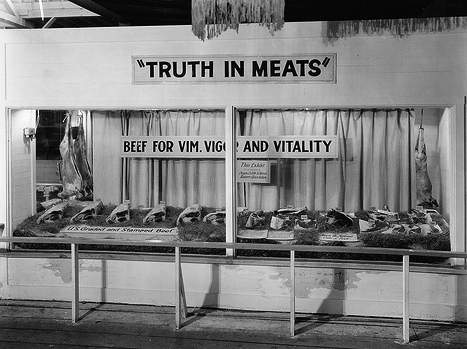Why do people struggle to stick to their Health and Wellbeing goals?
One major reason is most of what we do each day is the result of ritualistic habit.
From the way we brush our teeth, to which shoe we put on first in the morning, is something we barely think about. It’s deeply ingrained and minimal effort is required to get the job done.
Our eating and exercise habits work the same way. The way we eat, why we eat, where we eat – our food choices are all habits that have been formed over years. You may have got used to the flavour of highly-sweetened foods that lead to cravings, and now expect that flavour whenever you’re hungry. Others have avoided vegetables for so long, the flavours taste quite foreign. Still others are working on the same basic training programme they started on in the gym 20 years ago!
While these habits lead to poor results, weight gain, low energy, poor health or simply frustration, we stay hooked because they’re so familiar – hence periodic inspiration drops away and the old behaviour continues. Behavioural science tells us that as humans the fear of losing or giving up something is always stronger than the anticipated reward of attaining another.
What to do?
You must develop critical self-awareness. Take an honest look at your destructive eating patterns. Do you eat mindlessly? Do you play self-sabotaging mind games? Is there a lack of preplanning or having healthy foods available to you? Do you have a dedicated time and place for exercise? Do you fool yourself that watching football on the TV somehow makes you “sporty”?
The more you understand why you do what you do, the better you can change what doesn’t work, and shift your health trajectory to a more successful position..!









